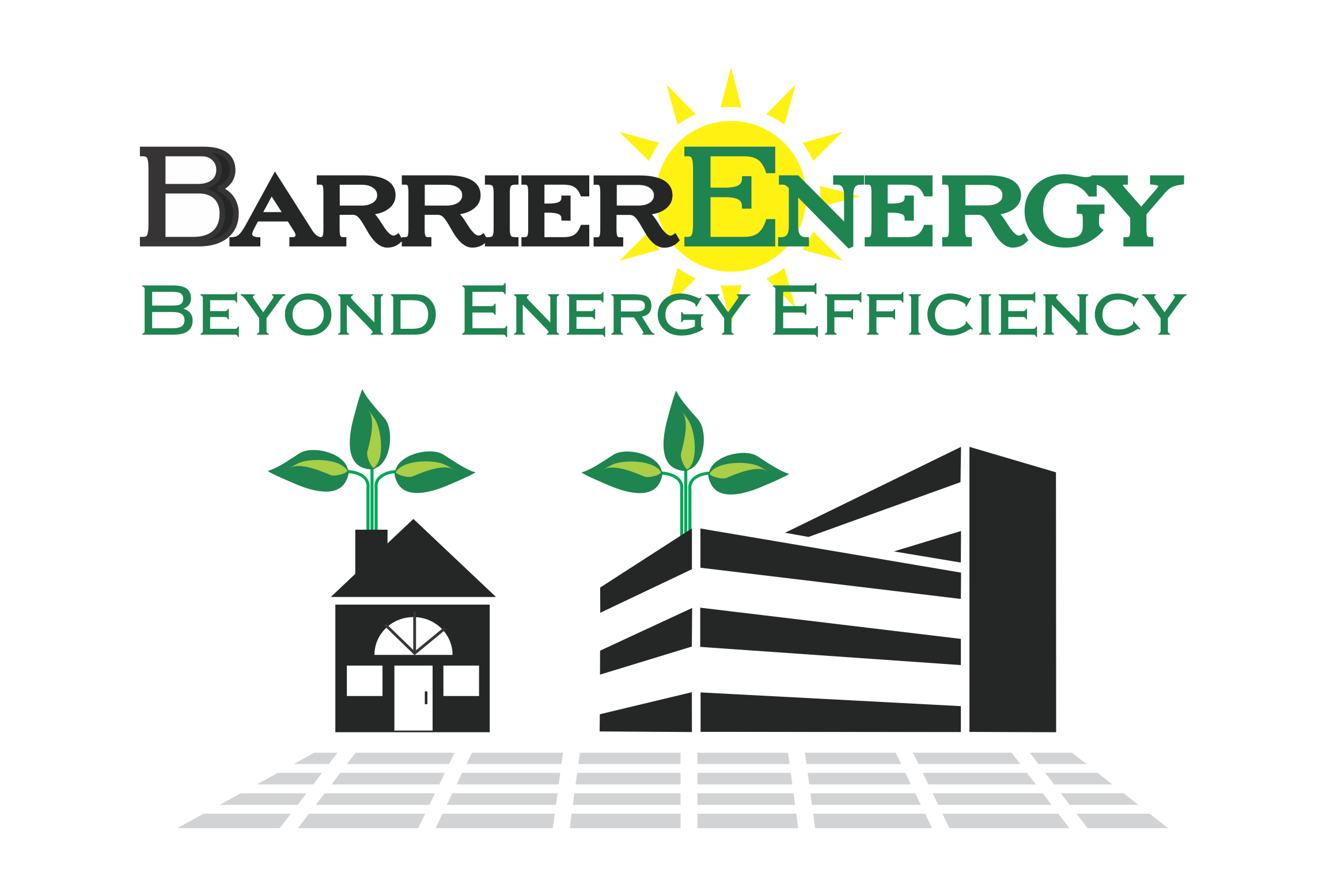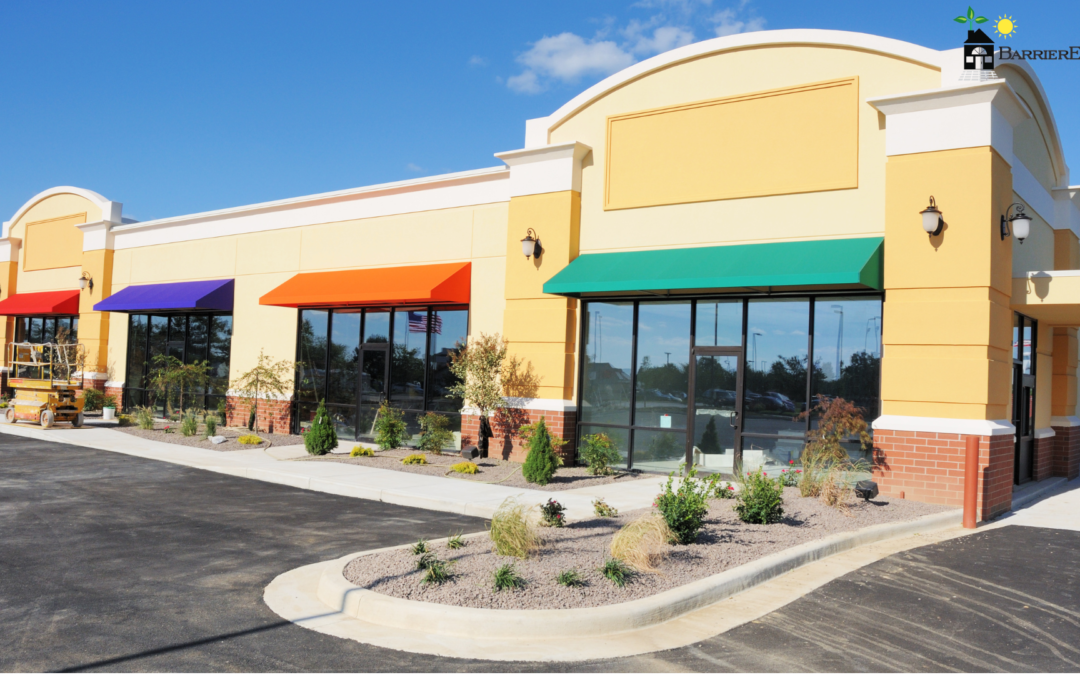The Basics of Non-Residential & Multifamily Energy Codes
Do you want to know if your commercial or multifamily project is subject to nonresidential Energy Codes? You can discover if your project has Energy Code requirements by looking for NRCC pages in your plans. NRCC stands for Nonresidential Certificate of Compliance. It’s these energy calculation pages that show the local Building Department your plans are in compliance with Title 24 of California Energy Code. Thus, NRCCs dictate which forms and verifications are required to submit to your inspector at final. Basically, they’re the equivalent of a CF1R, which applies to residential projects.
Just as there are Residential Building Efficiency Standards in California, likewise, there are nonresidential standards. While residential requirements are widely known, nonresidential requirements tend to be less understood. Therefore, you might feel as though you’re reading another language trying to decipher your NRCC pages. Don’t hesitate to contact an expert who can walk you through it.
Compliance Documentation
Residential projects have three components to compliance: CF1Rs, CF2Rs, and CF3Rs. Adversely, in nonresidential Energy Code, there are NRCCs, NRCIs, NRCAs and NRCVs. The project’s climate zone dictates the applicable nonresidential certificates.
NRCI/NRCA
First, the Nonresidential Certificates of Installation (NRCI) certify that the installation of various building-level components matches what the Certificate of Compliance prescribes. The installer should submit NRCIs to the inspector at the time of construction. Alternatively, HERS Raters can complete these documents on behalf of the installer, with their signature of approval. Next, Nonresidential Certificates of Acceptance (NRCA) show compliance with Acceptance Testing requirements in the Energy Code. Often, NRCIs and NRCAs involve lighting requirements.
One major difference between nonresidential compliance and residential compliance is that there is no official registry for installer verifications or acceptance tests. These certificates exist solely in paper format, which can be new for people who are used to working on residential projects.
NRCV
Lastly, Nonresidential Certificates of Verification (NRCV) demonstrate compliance with HERS verifications. Only a HERS Rater can complete these documents. Certificates of Verification are the only non-residential documents that we can register online with either Calcerts or CHEERS before they’re submitted to the inspector. The most common NRCV is the duct leakage test for mechanical systems.
Air Test & Balance
Whenever you install new mechanical systems, non-residential projects also have requirements for air balance testing. As opposed to California Energy Code, air balance is typically required by local Health and Fire Departments. Air balance testing pertains to kitchen exhaust hoods and/or HVAC systems. To learn more about the different types of air balance reports, visit our page on commercial test and balance.




Recent Comments